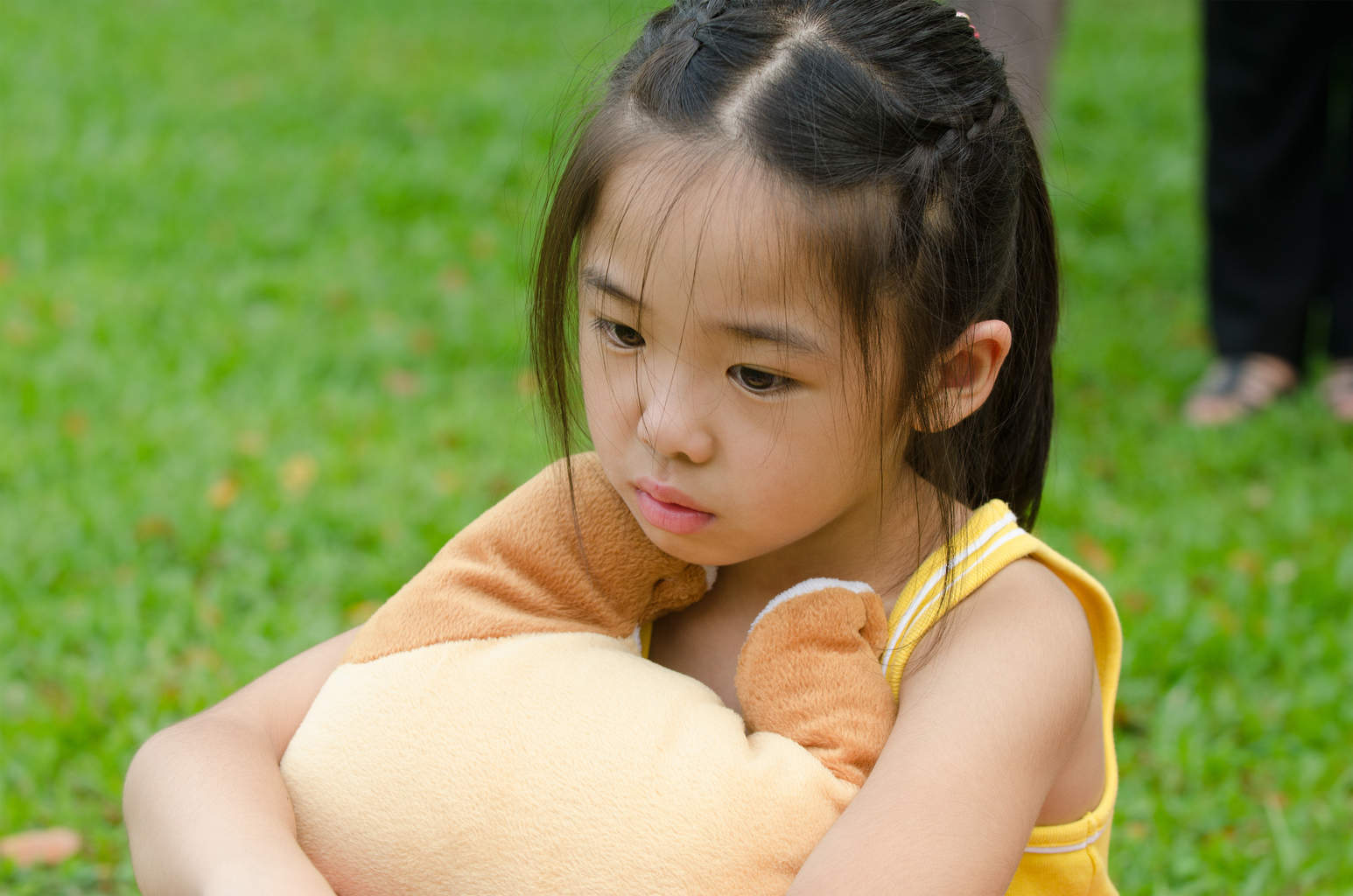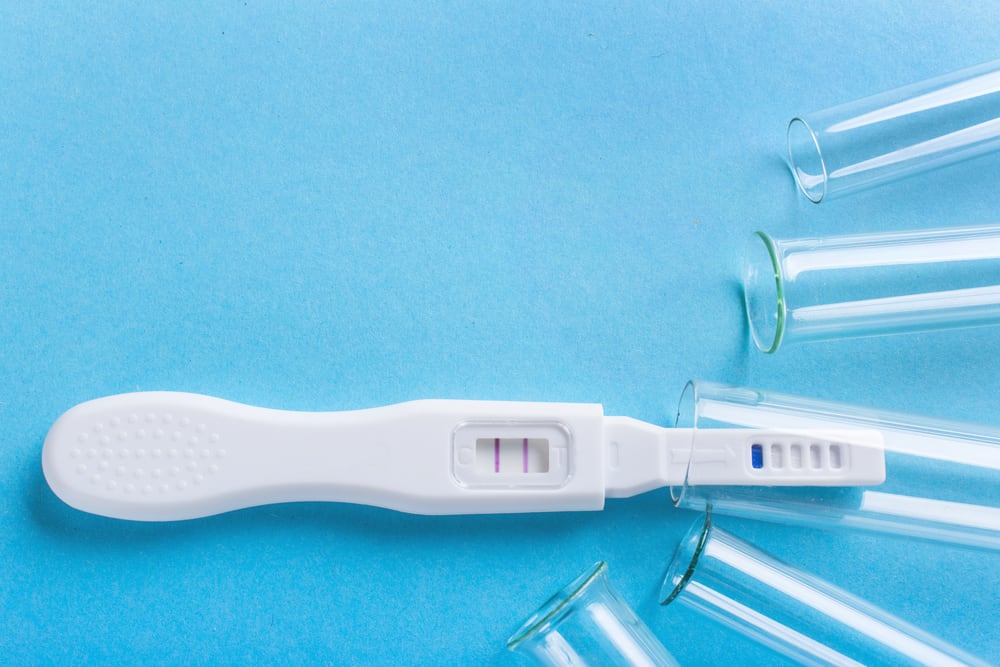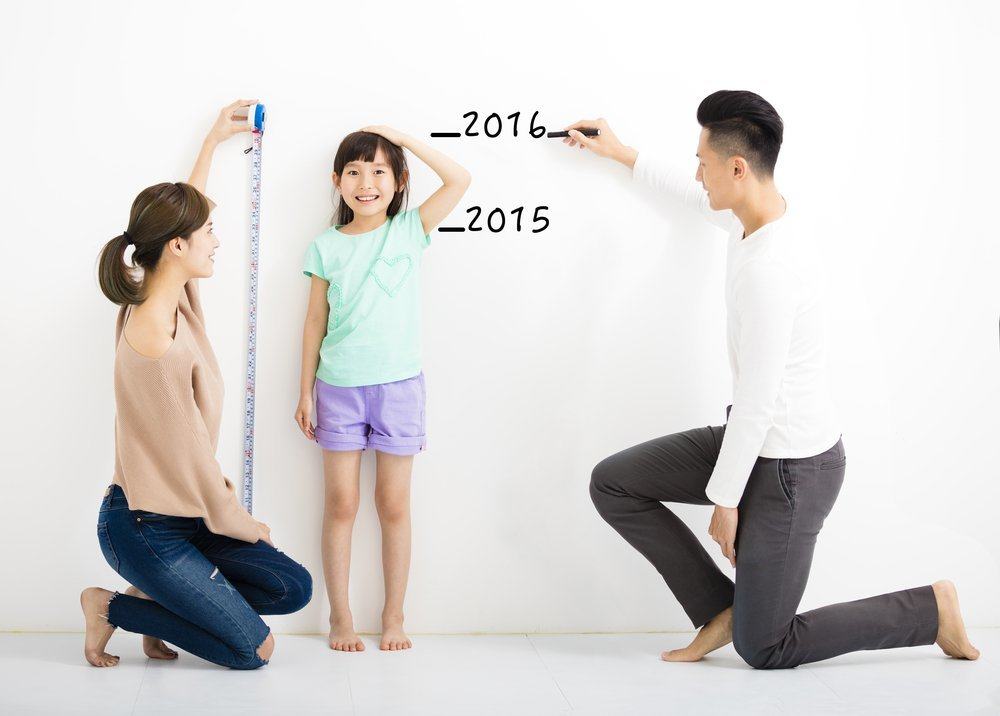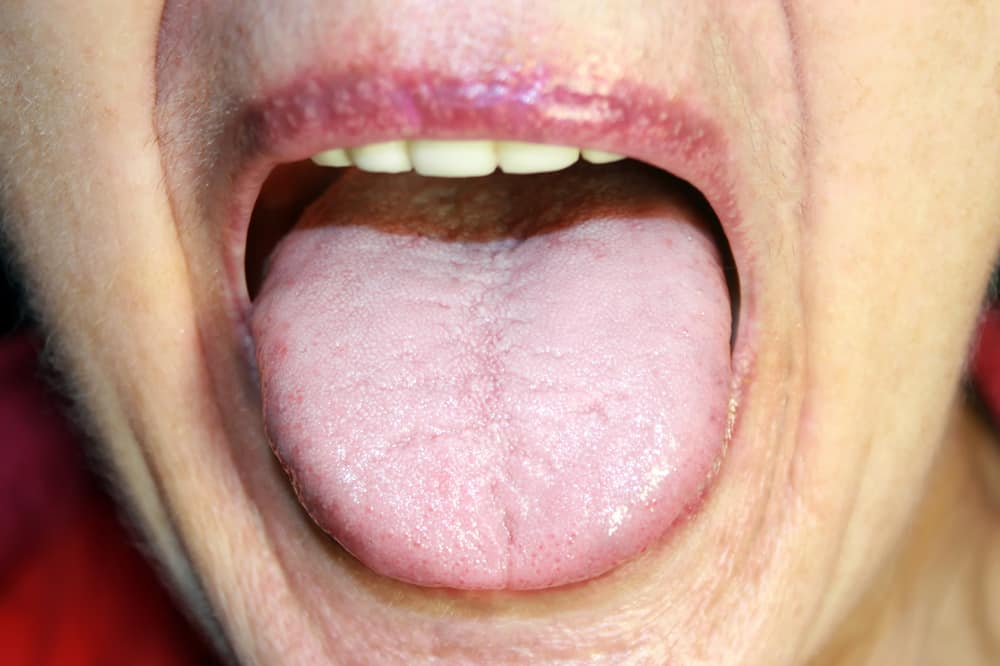Contents:
- Medical Video: Mayo Clinic Minute: 5 signs your teenager is battling depression
- Signs of depression in children
- Overcoming depression in children
Medical Video: Mayo Clinic Minute: 5 signs your teenager is battling depression
Many people think depression can only occur in adults. However, children and adolescents can also experience depression. Unfortunately for parents, depression in children can be difficult to recognize.
Signs of depression in children
There are several ways to distinguish normal emotional ups and downs with more serious emotional health problems.
According to Dr. Navina Evans, consultant psychiatrist at London's Capio Nightingale Hospital and the East London and City Mental Health Trust, a striking symptom is a low mood and unhappiness, easy crying or irritability even though it is not related to a specific thing. Pay attention to the child's reaction if a sad event occurs. For example, when someone dies, family members are reasonable to feel sad. But if you think your child's reaction is too extreme or lasts too long, this can also be a sign of depression.
According to Dr. David Kingsley, a psychiatric consultant for adolescents at Cheadle Royal Hospital's Young Persons' Service, if a child's mood affects daily functioning, this is a sign that the possibility of a mental problem is investigated.
According to him, if a teenager can't function properly in school and loses interest in things he used to enjoy, these are signs that must be watched out. Closing yourself from the social environment is also a sign of depression in adolescents.
Overcoming depression in children
If you feel your child has depression, it is difficult to determine what to do. According to Dr. Evans, the first thing you have to do is talk to your child. Find out what is the problem. Whatever the cause, don't underestimate it. Maybe this seems trivial to you, but it might be a big problem for your child.
If you still feel worried after talking to them, visit a doctor. According to Dr. Kingley, if further treatment is needed, there are several options, such as counseling for adolescents, family therapy, or cognitive behavioral therapy, namely the type of speech therapy. Specialists may also consider antidepressant treatment, but only in serious cases.
Meanwhile, if you are worried that your child is vulnerable to depression, you can help by giving support. According to Dr. Kingsley, all children and teens need to feel valued and loved. They need to have a relationship with parents where they can feel valued positively. This in the long term can protect children from depression.
Hello Health Group does not provide medical advice, diagnosis or treatment.












